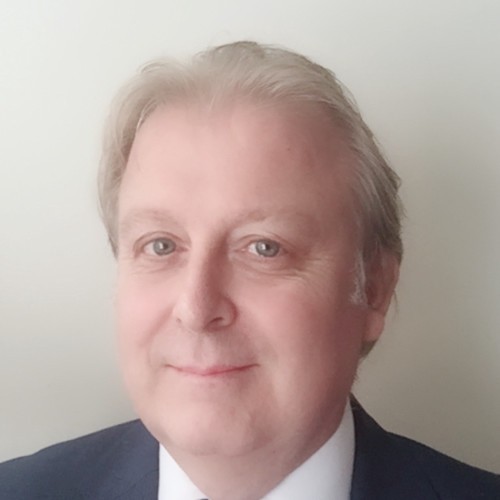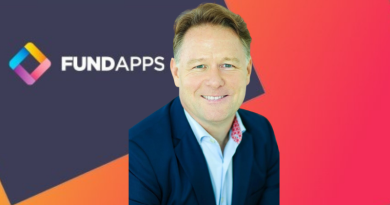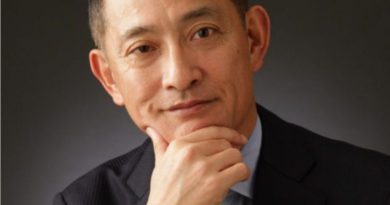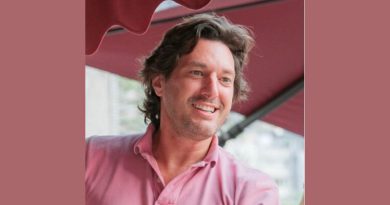Interview: Adrian Gornall of Astris Advisory Japan on creating alpha from smaller company research
With some three decades’ worth of Asian experience, Adrian Gornall returned to Japan at the beginning of 2020 to take up a new role with Astris Advisory Japan as global investors’ interest in Japan seems to be on a longer-term upswing. HFC’s Stefan Nilsson decided to have a cat with Adrian about his ability to create alpha from his research of smaller Japanese companies.
Your business is based on visiting smaller companies both on-demand and on your own initiative. Tell us about it.
I have been involved in Asian equity markets for more than thirty years, largely focused on Japan as a salesman, however, I also have long-only Pan Asian portfolio management experience which has also greatly influenced my formatting and interpretation of information. I am fluent in both Japanese and Mandarin among the seven languages I speak. Over the past 20 years, I have developed a focused process for making management visits to companies, largely to those smaller companies where there is little or no analyst coverage, or in larger market capitalisation companies where I believe consensus forecasts and recommendations may be excessively skewed, and equity performance may not reflect the reality of market conditions. In my overall activity, I take a “top-down bottom-up” approach to selecting companies to visit, based largely on subjective judgements pre-visit and then a technical, relative mean reversion, approach to timing entry post-visit. Thematics, performance and “style” based selection are all important pre-visit, generally with a close eye to “what the market wants now or may want very soon”. I try to make a longer-term assessment of the overall business rather than whether valuations are appropriate at any particular point in time, except in certain exceptional cases where clearly the market is mispricing an asset. Quality of management and information, competitive environment and strategic moats and execution are all highly important factors. I don’t build models or suggest target prices and my conclusions are either “positive” where I believe having the equity as a long position in a portfolio will add alpha over time, or “neutral” where I would not want to have a long position. I have made 200 visits or management calls since coming back to Tokyo from Hong Kong at the beginning of the New Year. There are two elements to my business at present. Firstly, in my “bespoke” work, I charge clients fees on a per meeting basis, which include all pre, and post-meeting write-ups. Clients either give me a “script” to follow or ask me to “kick the tires” and give my own conclusions. The final report format can be either in my generic note format or one specifically requested by the client. All aspects of the client process are protected by confidentiality clauses in our service agreements. Separately, confidentiality periods are agreed with regard to each company meeting, where a client may wish to take action. Our compliance team monitor all my communications to clients and any recommendations I may make. I also make my own visits where I think a company has a business model that may be of interest to clients. The second area of my business is my subscription-based “Japan Small Cap Monthly, Hidden Gems” product which contains an average of ten notes on recent visits not covered by confidentiality. Included in the subscription is one hour per month of telephone calls with the client on any and all aspects of my visits.
What type of clients do you have that are keen on small company research from Japan?
My client list includes both long-only and long/short accounts and geographically some are Japan-based and others overseas.
What’s your edge as an equity analyst? Is it finding and covering companies that other analysts don’t cover or is it your questions and research that are the secret alpha sauce?
I don’t really consider myself an “analyst” as I don’t develop financial models or give target prices. This approach means that I am able to roam across any sector and any size of company and look for well-timed ideas. In addition, there is no limit to how many companies I can “cover”. I have a keen nose for a story that will find traction with the market and generally, this “turning over rocks” approach leads to tremendous alpha generation. In particular, my ability to engage with management means I can judge their ability to sell their own business to investors.
You are a foreigner visiting small Japanese companies, companies that are often led by senior Japanese management. Do you find it an advantage or disadvantage that you stand out from the crowd when it comes to gaining access to meetings and information?
I have always enjoyed very high-quality access to companies in Japan and take great pleasure in all my meetings. I am not aware of any bias at all towards me.
You spent quite a few years working in Hong Kong before returning to Japan this year to join Astris Advisory. What made you move to Japan now?
Well, I will be the first to admit that with hindsight, the timing of David Shirt’s offer to join his unique and rapidly growing team at Astris Advisory was extremely fortuitous. However, even without Covid-19, I had been looking for a way back to Japan for several years and am really immensely grateful to have the opportunity to work here at Astris in the midst of what appears to me to be a long-term upswing in global investor interest in Japanese assets of all classes.









